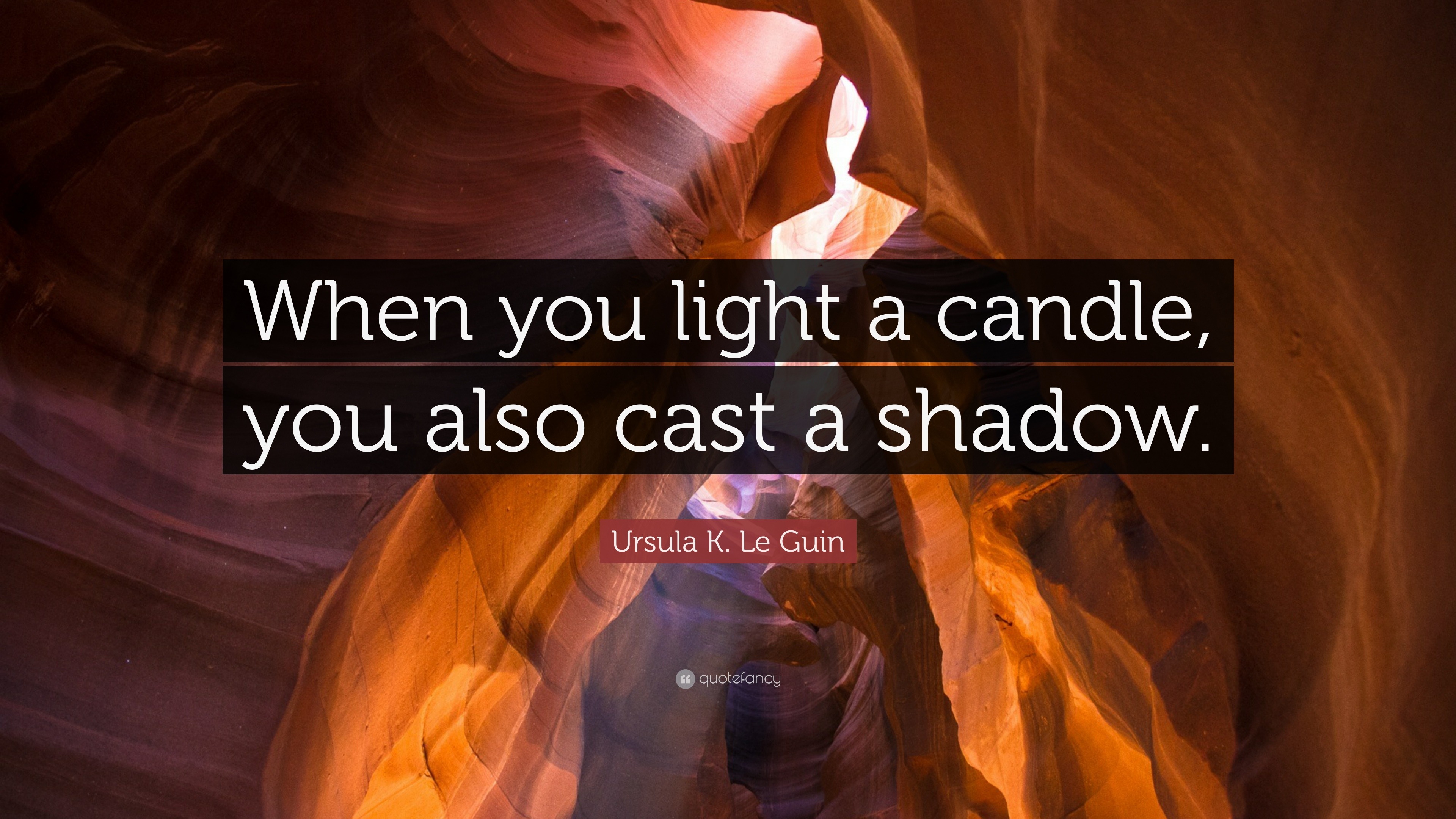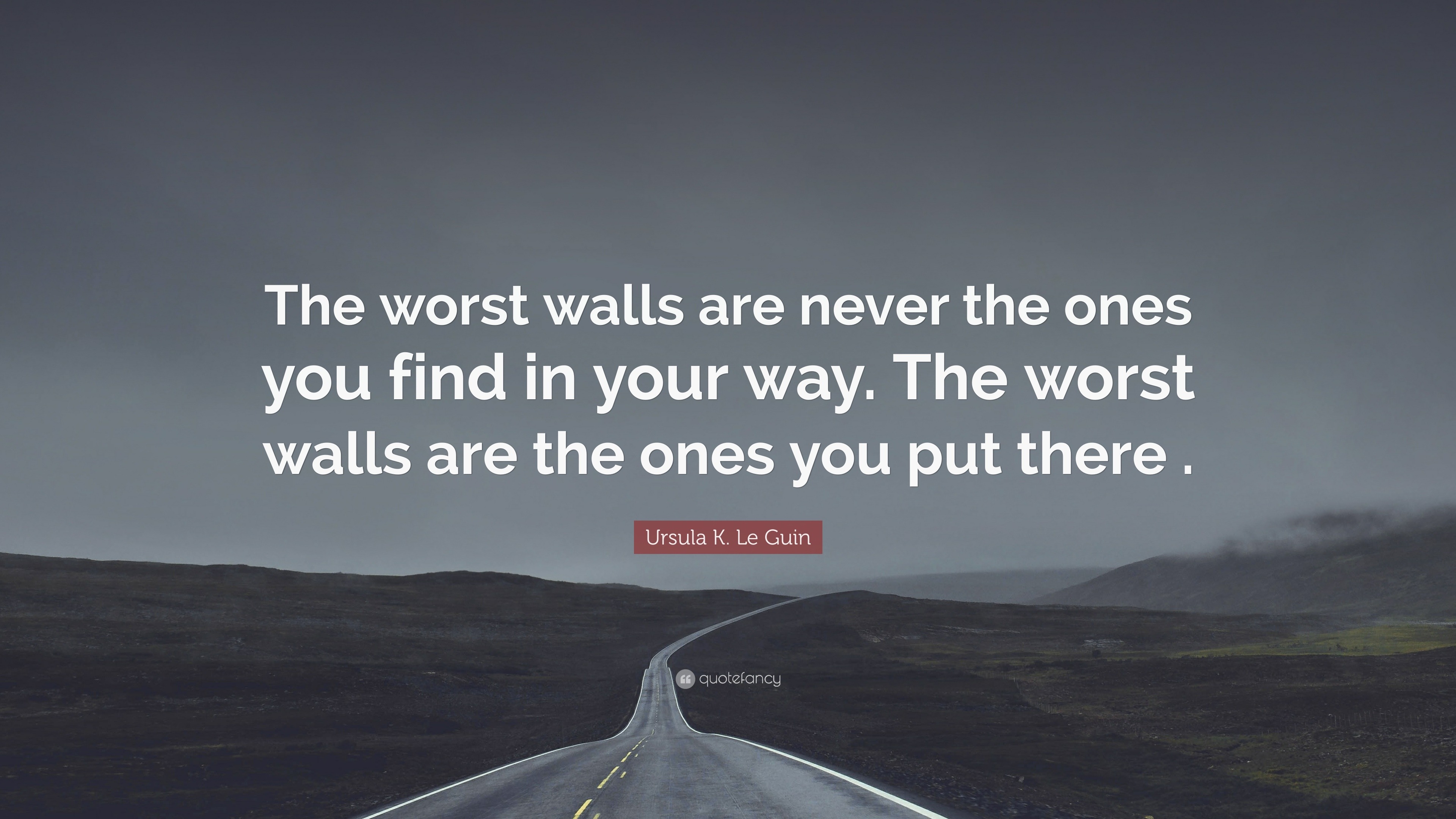“One of the functions of art is to give people the words to know their own experience… Storytelling is a tool for knowing who we are and what we want.”
"Ursula K. Le Guin on Art, Storytelling, and the Power of Language to Transform and Redeem"
Maria Popova, Brain Droppings
“People wish to be settled; only as far as they are unsettled is there any hope for them,” Emerson wrote in contemplating the key to personal growth. Hardly anything does this for us more powerfully than art — it unsettles us awake, disrupts our deadening routines, enlarges our reservoir of hope by enlarging our perspective, our grasp of truth, our capacity for beauty.
This singular function of art is what Ursula K. Le Guin (October 21, 1929–January 22, 2018) reflects on in an interview by the polymathic marine conservationist Jonathan White, included in his wonderful Talking on the Water: Conversations about Nature and Creativity (public library).
Ursula K. Le Guin on “Spare Time": Being Busy With Doing... And Being Occupied With Living

In a roaming conversation over tea, “with only momentary interruptions by Lorenzo the cat or chimes from the grandfather clock,” Le Guin tells White:
The daily routine of most adults is so heavy and artificial that we are closed off to much of the world. We have to do this in order to get our work done. I think one purpose of art is to get us out of those routines. When we hear music or poetry or stories, the world opens up again. We’re drawn in — or out — and the windows of our perception are cleansed, as William Blake said. The same thing can happen when we’re around young children or adults who have unlearned those habits of shutting the world out.
Art, Le Guin suggests a century after Kandinsky extolled its spiritual element and a decade after Susan Sontag considered its ethical responsibility, restores to secular culture the sense of sacredness and moral purpose:
Our culture doesn’t think storytelling is sacred; we don’t set aside a time of year for it. We don’t hold anything sacred except what organized religion declares to be so. Artists pursue a sacred call, although some would buck and rear at having their work labeled like this. Artists are lucky to have a form in which to express themselves; there is a sacredness about that, and a terrific sense of responsibility. We’ve got to do it right. Why do we have to do it right? Because that’s the whole point: either it’s right or it’s all wrong.

Best Pax Posts On Psychological Projection And "The Shadow"
Best Pax Posts On Psychological Projection And "The Shadow"
In a sentiment reminiscent of Albert Camus’s reflection on the lacuna between truth and meaning, Le Guin — who spent the last sixty-five years of her life married to a historian — considers the lacuna between the events of the past and their selective retelling in what we call history:
History is one way of telling stories, just like myth, fiction, or oral storytelling. But over the last hundred years, history has preempted the other forms of storytelling because of its claim to absolute, objective truth. Trying to be scientists, historians stood outside of history and told the story of how it was. All that has changed radically over the last twenty years. Historians now laugh at the pretense of objective truth. They agree that every age has its own history, and if there is any objective truth, we can’t reach it with words. History is not a science, it’s an art.

The paradox, of course, is that because our notion of history is rooted in the written record, words are both our instrument of truth and our weapon of distortion. We use them both to reveal and to conceal — a duality which Hannah Arendt so memorably dissected in her meditation on lying in politics. Le Guin — who has written beautifully about the transformational potential of words — echoes Toni Morrison’s Nobel Prize acceptance speech on the power and responsibility of language, and reflects on the challenging task of those who limn reality in words:
As a writer, you want the language to be genuinely significant and mean exactly what it says. That’s why the language of politicians, which is empty of everything but rather brutal signals, is something a writer has to get as far away from as possible. If you believe that words are acts, as I do, then one must hold writers responsible for what their words do.
We can’t restructure our society without restructuring the English language. One reflects the other. A lot of people are getting tired of the huge pool of metaphors that have to do with war and conflict [and] the proliferation of battle metaphors, such as being a warrior, righting, defeating, and so on. In response, I could say that once you become conscious of these battle metaphors, you can start “fighting” against them. That’s one option. Another is to realize that conflict is not the only human response to a situation and to begin to find other metaphors, such as resisting, outwitting, skipping, or subverting. This kind of consciousness can open the door to all sorts of new behavior.
What literature does, Le Guin points out, is enlarge our understanding of our own experience by enriching its container in language:
One of the functions of art is to give people the words to know their own experience. There are always areas of vast silence in any culture, and part of an artist’s job is to go into those areas and come back from the silence with something to say. It’s one reason why we read poetry, because poets can give us the words we need. When we read good poetry, we often say, ‘Yeah, that’s it. That’s how I feel.’

In a sentiment evocative of James Baldwin’s assertion that “an artist is a sort of emotional or spiritual historian [whose] role is to make you realize the doom and glory of knowing who you are and what you are,” she adds:
Storytelling is a tool for knowing who we are and what we want, too. If we never find our experience described in poetry or stories, we assume that our experience is insignificant.
Complement this particular portion of the splendid Talking on the Water with Le Guin’s immortal wisdom on the artist’s task, growing older, storytelling as an instrument of freedom, her feminist translation of the Tao Te Ching, and her classic unsexing of gender.



No comments:
Post a Comment